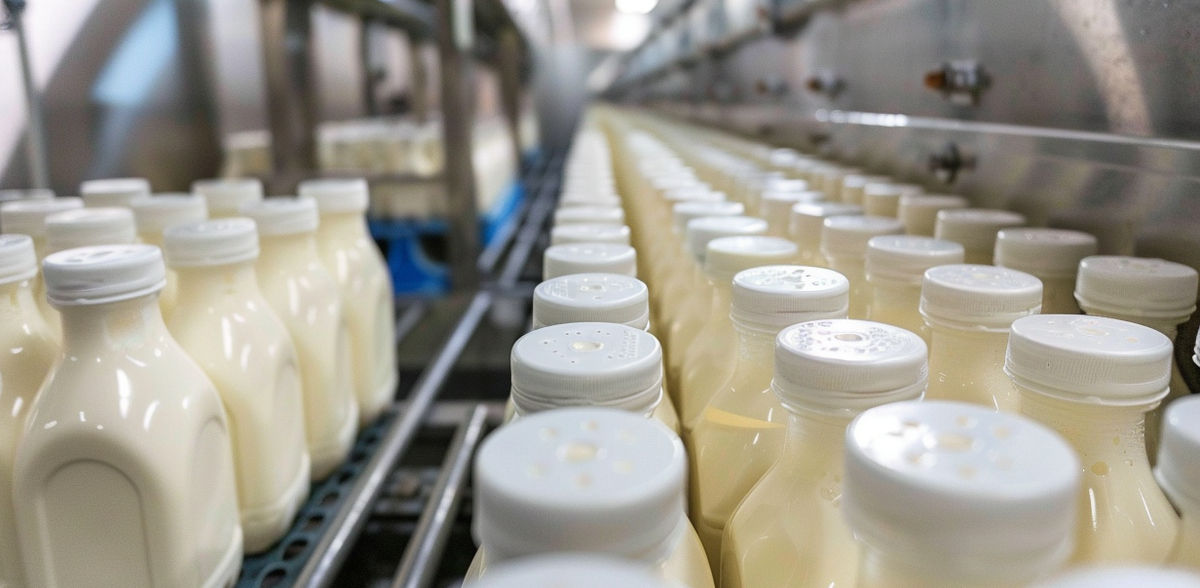Avian flu: pasteurized milk remains safe
Researchers find no active H5N1 viruses after pasteurization
In March 2024, dairy cows in Texas were found to be infected with highly pathogenic avian flu, or H5N1 bird flu, in the first known case of the virus spreading to cattle. Since then, H5N1 has been found in about 200 animals—and 3 people—across 12 states, according to the Centers for Disease Control and Prevention. The virus was soon detected in raw milk, leading researchers to investigate whether dairy products pose a risk to consumers.
“How far is the virus getting through?” asked Erica Spackman, Ph.D., a virologist at the U.S. Department of Agriculture (USDA) in Athens, Ga. To find out, she and her collaborators tested nearly 300 milk products from 132 processors.
The researchers found no infectious virus in the samples, Spackman and her collaborators report this week in the Journal of virology, a journal of the American Society for Microbiology. “Milk is safe,” she said. “Just like bacterial pathogens that occur in milk, or other viruses that could occur in milk, the sanitation processes that are in place are getting rid of the pathogens.”
The milk processing pipeline includes multiple layers of protection, Spackman said. Microbiological surveillance of milk products can identify pathogens, and milk from cows with mastitis or other disease conditions does not enter the food supply. Finally, heating during the Pasteurization process can destroy H5N1 and other, more common bacterial pathogens.
Bird flu primarily infects and spreads among migratory birds and can be transmitted to domestic poultry, but the virus has been detected in other animals as well. Recently, those have included cats, dogs and juvenile goats, as well as a polar bear in Alaska and elephant and fur seals in the Antarctic. However, the discovery of H5N1 on dairy farms in March was a surprise—the virus had never been found in dairy cattle before.
Soon after the discovery, diagnostic testing revealed that an infectious form of the virus was present in raw milk, suggesting the virus passes from cow to milk. That finding led the U.S. Food and Drug Administration and the USDA to investigate whether pasteurization effectively eliminated risks posed to consumers. Between April 18 and April 22, 2024, researchers used real-time PCR to analyze 297 samples of pasteurized retail milk products, including 23 types of products, collected from 17 states.
“We did a viability assay to detect live virus and went as sensitive as we could to get even the least little bit of virus, but couldn’t detect anything,” Spackman said. Using PCR, the researchers did identify viral genetic material in 20% of samples. “It looks like the virus is just totally inactivated,” she said.
Spackman said the new findings “give us reassurance that what we have been doing— pasteurization—is keeping us safe from what we don’t know about.”
Most read news
Other news from the department science

Get the food & beverage industry in your inbox
By submitting this form you agree that LUMITOS AG will send you the newsletter(s) selected above by email. Your data will not be passed on to third parties. Your data will be stored and processed in accordance with our data protection regulations. LUMITOS may contact you by email for the purpose of advertising or market and opinion surveys. You can revoke your consent at any time without giving reasons to LUMITOS AG, Ernst-Augustin-Str. 2, 12489 Berlin, Germany or by e-mail at revoke@lumitos.com with effect for the future. In addition, each email contains a link to unsubscribe from the corresponding newsletter.
Most read news
More news from our other portals
Last viewed contents

Innova hosts Sweets & Snacks webinar ahead of ISM Cologne
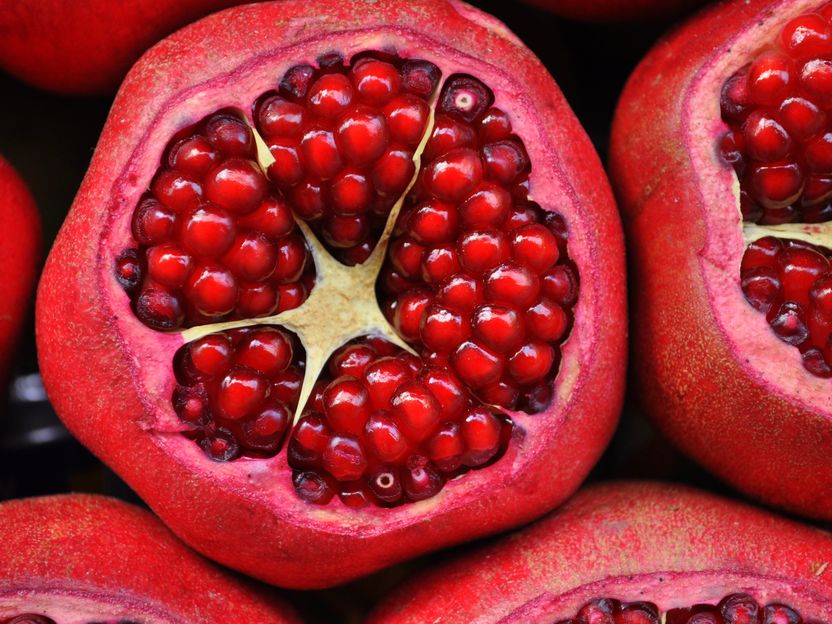
Hepatitis A Infection From Frozen Pomegranate Arils Kills Women In Australia
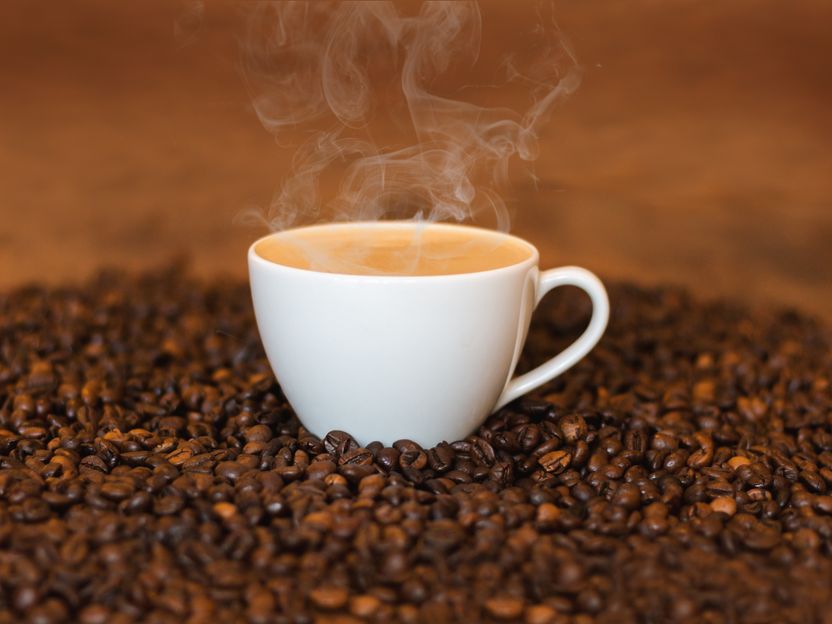
Coffee and the effects of climate change - A collaborative study looks at how changing climate conditions might be affecting the taste, aroma, and overall quality of coffee

Century-old experiment secures beer and whiskey’s future - Genetic insights could help grains endure climate change
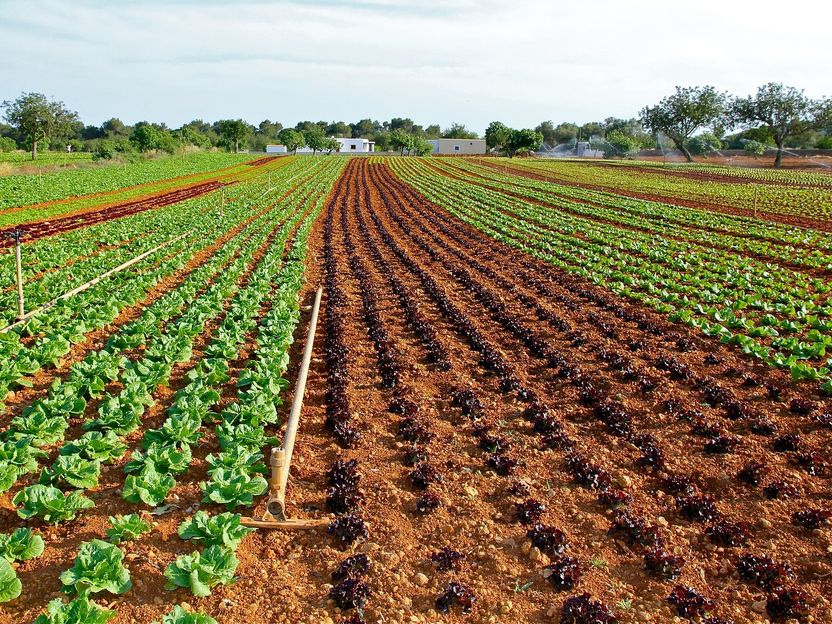
Birds Eye, iglo and Findus parent company, Nomad Foods and WWF announce partnership to promote sustainable agriculture and more sustainable ways of eating
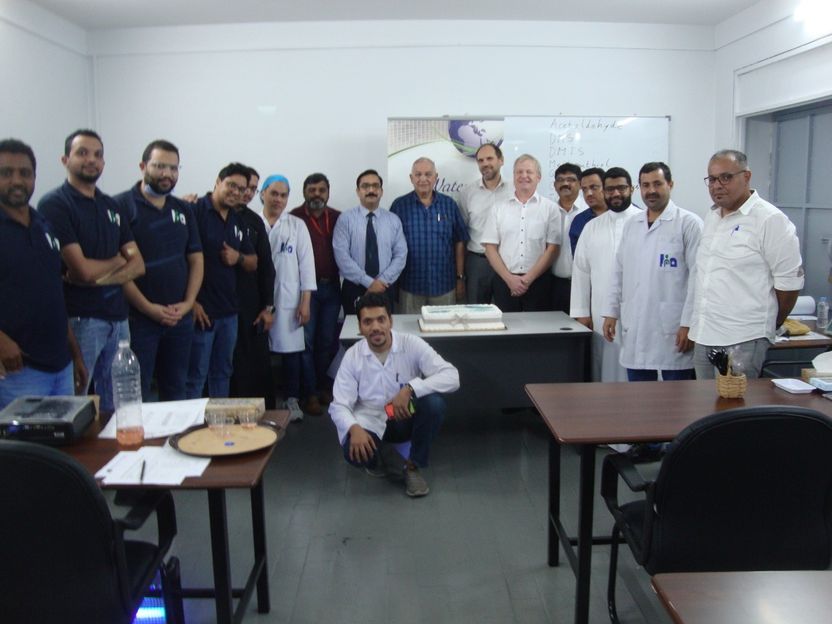
First Water Sommelier Training in Saudi Arabia
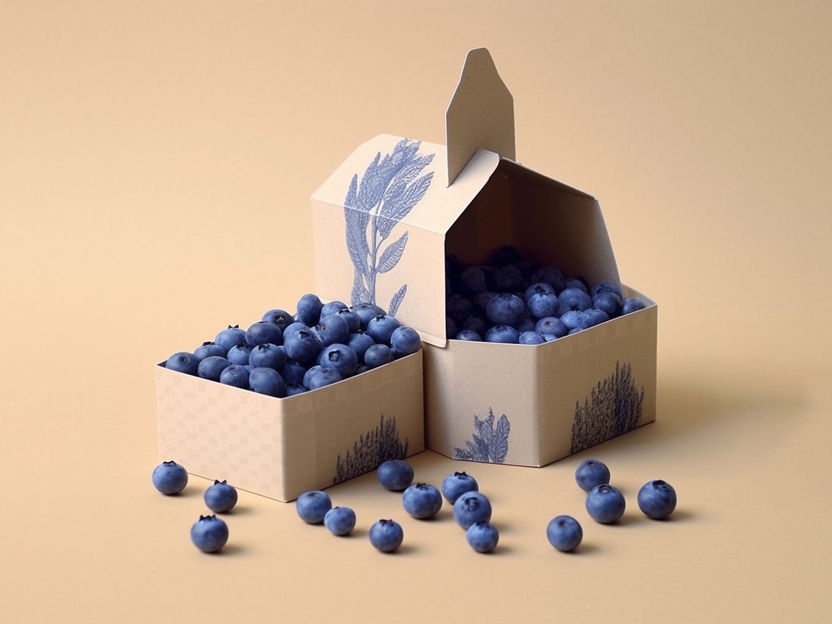
Paper-based packaging has a good eco-image - Study by the University of Bonn examines how the type of packaging influences purchase intention

Fifth "State of Snacking" study by Mondelez International - Portioned snacks are preferred for conscious snacking

Danone invests €100 million to strengthen Specialized Nutrition in China - Become the biggest B Corp™ company in Asia

Wine industry: Innovative development for sustainability management launched - The aim of the project is to develop the first freely accessible and digital sustainability management platform for the German wine industry

Cheese without cows: consumers are ready - Study confirms interest in sustainable cheese alternatives

